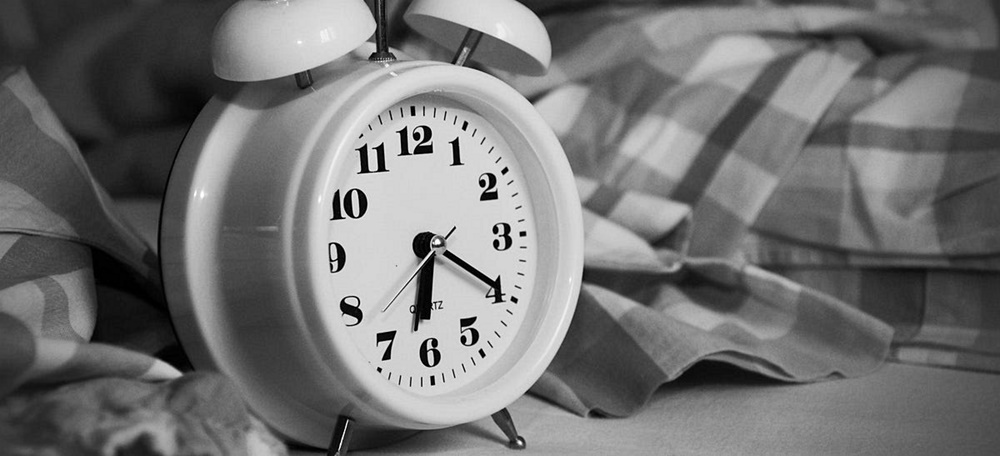Last Updated on: 18th December 2024, 12:32 pm
Sleep is essential for overall health, providing the necessary time for the body to repair and rejuvenate. For athletes and fitness enthusiasts, sleep is crucial for muscle growth and recovery, enhancing physical performance and progress.
- Sleep is a critical component of your fitness journey, ensuring you’re prepared for challenges and opportunities to improve.
- During sleep, muscles heal and grow stronger.
- Without adequate sleep, recovery and rejuvenation are compromised.
Understanding sleep’s role in health and its importance for athletes is crucial. It can be the difference between reaching your full potential or falling short. Let’s explore how sleep powers muscle growth and recovery and why prioritizing it can transform your fitness journey.
Understanding Muscle Growth and Recovery

The Physiology of Muscle Growth
Muscle growth, or hypertrophy, occurs when muscle fibers are damaged through exercise, prompting repair and strengthening. This process is fueled by resistance training and adequate nutrition, leading to increased muscle size and strength.
The Recovery Process Post-Exercise
- After a workout, the body repairs micro-tears in muscle fibers.
- This recovery process strengthens muscles.
- Proper rest, nutrition, and hydration are essential for recovery.
- Skipping recovery can halt progress and increase injury risk.
How Lack of Sleep Affects Muscle Recovery and Growth
- Lack of sleep disrupts recovery hormones like growth hormone and testosterone, crucial for muscle repair and growth.
- Sleep deprivation can increase cortisol levels, which can break down muscle tissue.
- Inadequate sleep hampers the body’s ability to recover and grow stronger.
Sleep is a necessity for enhancing physical performance and muscle growth. By prioritizing sleep, you’re actively participating in a process that prepares you for future challenges, ensuring every workout counts.
The Science of Sleep and Muscle Repair

The Role of Sleep Stages in Physical Recovery
During sleep, the body cycles through stages, each playing a role in muscle recovery. Deep sleep, or slow-wave sleep, is crucial for tissue repair, bone and muscle building, and immune system strengthening.
Hormonal Activity During Sleep and Its Impact on Muscles
- Growth hormone peaks during deep sleep, stimulating muscle growth and repair.
- Testosterone levels also rise during sleep, supporting muscle recovery.
- This hormonal interplay is critical for muscle strengthening and growth.
The Effect of Sleep Deprivation on Protein Synthesis and Muscle Growth
- Sleep deprivation disrupts hormonal balance.
- It lowers growth hormone and testosterone levels, crucial for muscle repair and growth.
- Increases in cortisol can lead to muscle tissue breakdown.
- Inadequate sleep impairs protein synthesis, essential for muscle fiber repair.
Sleep is vital for muscle recovery and growth. Quality, uninterrupted rest is necessary for cycling through sleep stages. Prioritizing sleep gives the body the best chance to heal, grow, and strengthen.
Optimizing Sleep for Enhanced Muscle Recovery

The Ideal Amount of Sleep for Muscle Recovery
For optimal muscle recovery, 7 to 9 hours of sleep nightly is essential. This allows the body to cycle through critical sleep stages, including deep, restorative phases where muscle repair and growth occur.
Tips for Improving Sleep Quality
- Create a sleep-conducive environment: cool, quiet, and dark.
- Establish a pre-sleep routine, like reading or meditating, to signal winding down.
- Avoid stimulants like caffeine and electronics before bedtime to enhance sleep quality.
The Role of Napping in Muscle Recovery
- Napping is a powerful tool for athletes.
- Short naps (20-30 minutes) boost alertness and performance without affecting nighttime rest.
- Naps can act as mini recovery sessions, offering muscles a brief period of repair and growth.
By prioritizing sleep, you’re enhancing your body’s ability to recover, grow, and strengthen after workouts. Optimizing sleep is as crucial as the exercises you perform.
Nutritional Considerations for Better Sleep and Muscle Recovery

Diet significantly impacts sleep quality and muscle recovery. A balanced diet rich in specific nutrients can promote deeper, restorative sleep, aiding muscle repair.
Nutrients and foods that promote muscle recovery and better sleep include proteins rich in amino acids like tryptophan, omega-3 fatty acids, magnesium-rich foods, and cherries. Timing meals relative to sleep is crucial. Avoid heavy meals close to bedtime; opt for a light snack rich in nutrients an hour before sleep.
Integrating these nutritional strategies can improve sleep quality and muscle recovery. By focusing on what and when you eat, you’re setting the stage for deep, restorative sleep that supports muscle growth and recovery.
Practical Strategies for Balancing Training, Recovery, and Sleep

Designing a Workout Schedule That Optimizes Recovery
- Plan your workout routine to space intense sessions and allow muscle groups adequate recovery time.
- Intersperse lighter workouts or rest days between intense sessions to prevent overtraining and maximize natural repair processes.
The Importance of Rest Days and Active Recovery
- Rest days are crucial for strength building.
- Integrating active recovery, such as light cardio or yoga, enhances the restorative process by promoting blood flow to repair muscles without excessive strain.
Techniques for Managing Stress and Its Impact on Sleep and Recovery
- Stress management techniques like deep breathing, meditation, or taking a simple walk can mitigate stress’s negative impact on sleep and recovery.
- A calm mind fosters a rested body, ready for the next workout.
By embracing these strategies, you’re ensuring that every workout contributes to a stronger, more resilient body. The harmony between training, recovery, and sleep is where true progress occurs.
Wrapping It Up
Sleep is the foundation of muscle recovery and growth. By prioritizing sleep, we enhance our physical capabilities and embrace a lifestyle that values rest. This article has highlighted the critical role of sleep in muscle recovery, the hormonal processes involved, and strategies to balance training and rest. Let’s commit to making sleep a non-negotiable part of our health and fitness regimen, recognizing it as a key player in achieving peak performance and well-being.

